Description
Beta-Carotene: The Vibrant Pigment Powering Health and Beauty
Beta-carotene, the vibrant orange pigment found in carrots, sweet potatoes, pumpkins, and a host of other fruits and vegetables, is more than just a food coloring agent. It’s a powerful antioxidant and a key precursor to Vitamin A, playing a vital role in numerous bodily functions and promoting overall health and well-being.
What is Beta-Carotene?
Beta-carotene belongs to a group of plant pigments called carotenoids. It’s a fat-soluble compound, meaning it’s best absorbed when consumed with healthy fats. Once ingested, the body converts beta-carotene into Vitamin A, also known as retinol, as needed. This conversion process is demand-driven, meaning your body only produces the amount of Vitamin A it requires, minimizing the risk of Vitamin A toxicity.
Why is Beta-Carotene Important?
The benefits of beta-carotene stem from its dual roles as an antioxidant and a Vitamin A precursor:
- Antioxidant Powerhouse: As a powerful antioxidant, beta-carotene helps protect the body against free radicals, unstable molecules that can damage cells and contribute to chronic diseases like heart disease, cancer, and age-related macular degeneration. By neutralizing these free radicals, beta-carotene helps maintain cellular health and promotes longevity.
- Vision Support: Vitamin A, derived from beta-carotene, is crucial for healthy vision, particularly night vision. It helps form rhodopsin, a light-sensitive pigment in the retina that allows us to see in low-light conditions. Adequate beta-carotene intake can help prevent night blindness and age-related macular degeneration.
- Immune System Booster: Vitamin A plays a critical role in supporting the immune system. It helps maintain the integrity of mucous membranes, which act as a barrier against pathogens. Furthermore, Vitamin A supports the production and function of white blood cells, essential for fighting infection.
- Skin Health: Beta-carotene contributes to healthy skin by acting as an antioxidant, protecting against sun damage and premature aging. Some studies suggest it may also help improve skin texture and radiance. However, excessive consumption can lead to a yellowing of the skin, known as carotenemia, which is harmless and reversible.
- Cell Growth and Development: Vitamin A is essential for cell growth, differentiation, and development. This makes beta-carotene particularly important during pregnancy, as it supports the healthy development of the fetus.
Sources of Beta-Carotene:
The brighter and more colorful the fruit or vegetable, the more likely it is to be rich in beta-carotene. Excellent sources include:
- Orange Vegetables: Carrots, sweet potatoes, pumpkins, butternut squash
- Dark Green Leafy Vegetables: Spinach, kale, collard greens, broccoli
- Yellow and Red Fruits: Cantaloupe, mangoes, apricots, papayas
- Other Sources: Parsley, oregano, bell peppers
How to Incorporate Beta-Carotene into Your Diet:
Incorporating beta-carotene into your diet is easy and delicious! Here are a few simple tips:
- Eat the Rainbow: Focus on consuming a variety of colorful fruits and vegetables daily.
- Roast Your Veggies: Roasting vegetables like sweet potatoes and carrots enhances their flavor and increases the bioavailability of beta-carotene.
- Add Greens to Smoothies: Blend spinach or kale into your smoothies for a nutrient-packed boost.
- Use Healthy Fats: Pair your beta-carotene-rich foods with healthy fats like olive oil, avocado, or nuts to improve absorption.
Considerations:
While beta-carotene is generally safe, it’s important to be mindful of your intake. As mentioned earlier, excessive consumption can lead to carotenemia, causing a temporary yellowing of the skin. Individuals who smoke or have been exposed to asbestos should exercise caution when taking high doses of beta-carotene supplements, as some studies suggest a potential increased risk of lung cancer.
Conclusion:
Beta-carotene is a powerful nutrient that offers a wide range of health benefits. By incorporating a variety of colorful fruits and vegetables into your diet, you can ensure you’re getting enough of this vital compound to support your vision, immune system, skin, and overall well-being. So, embrace the vibrant hues of nature and reap the rewards of this remarkable antioxidant and Vitamin A precursor!

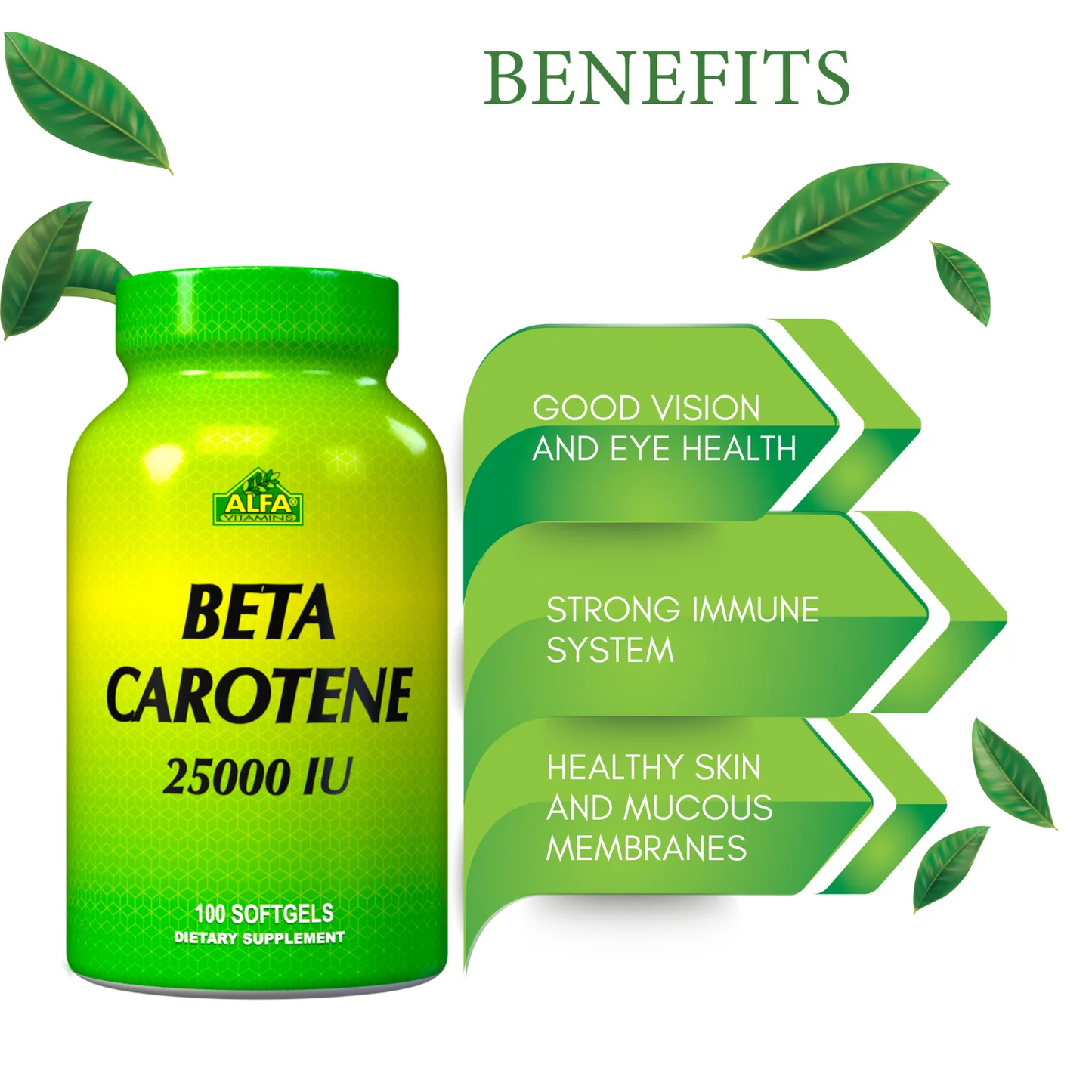
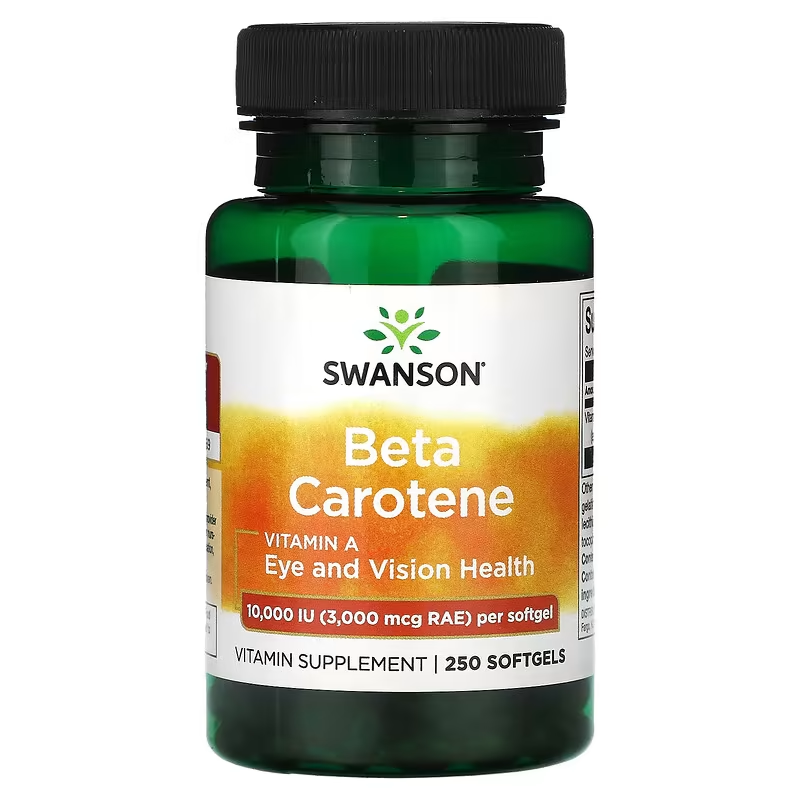
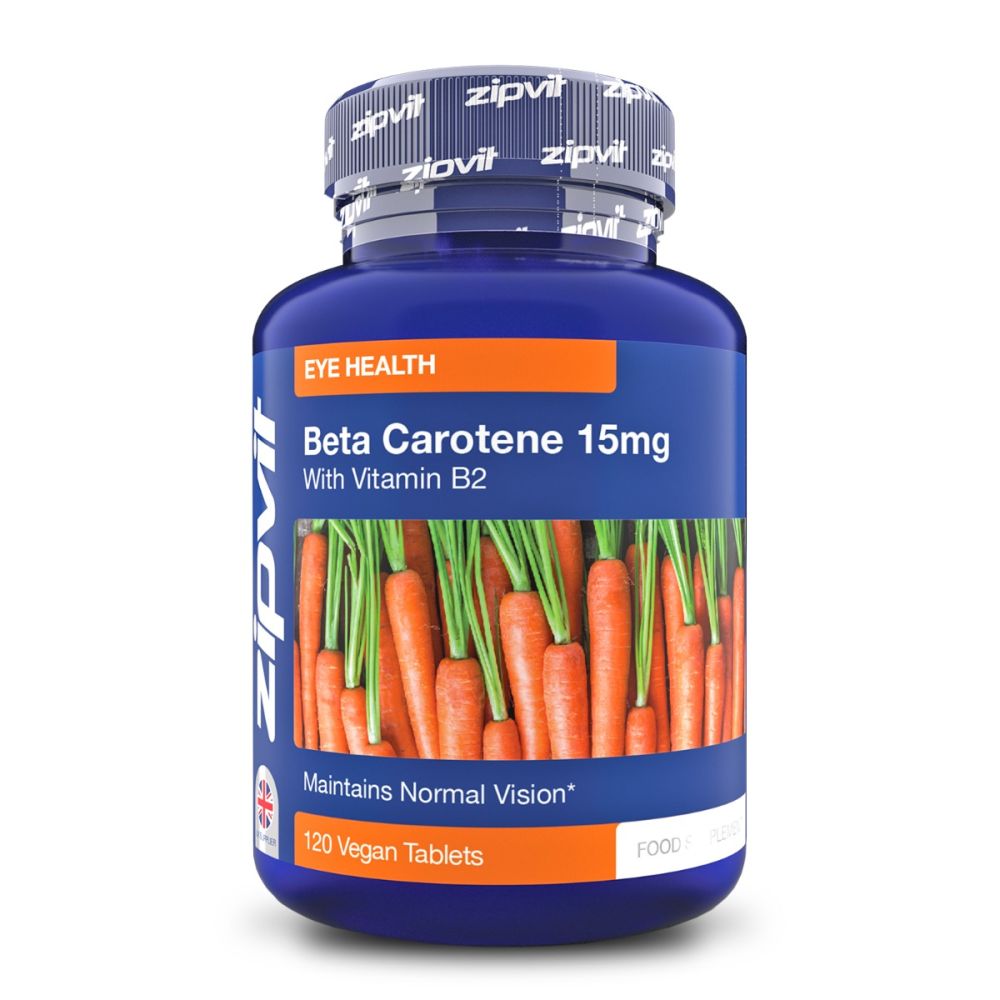
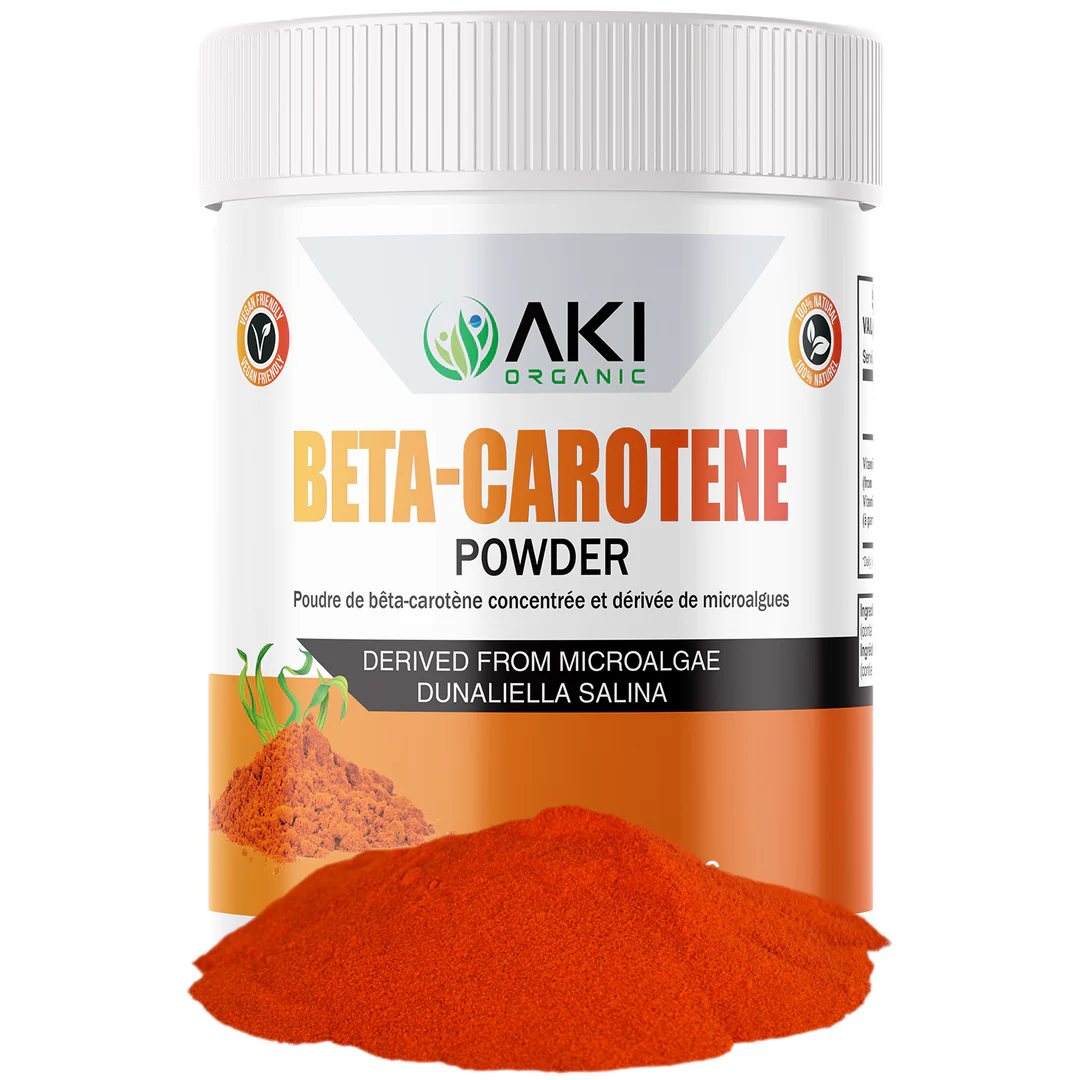
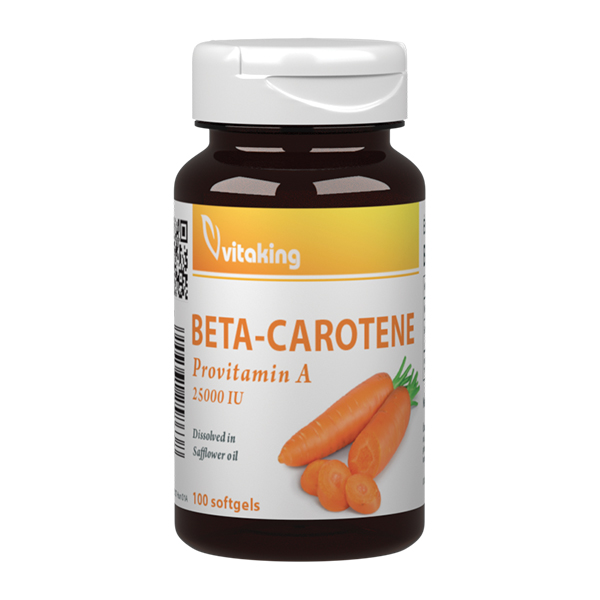
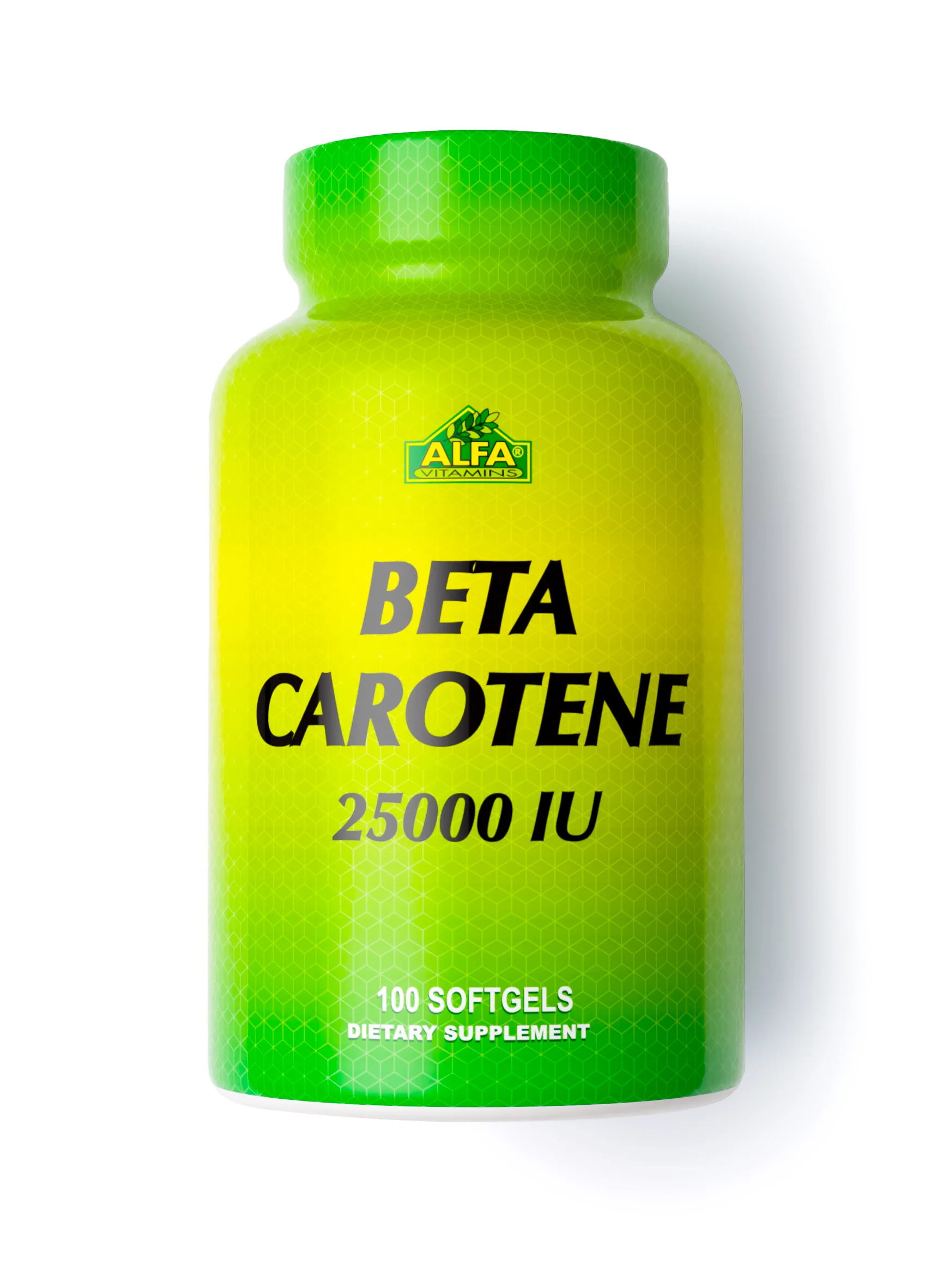
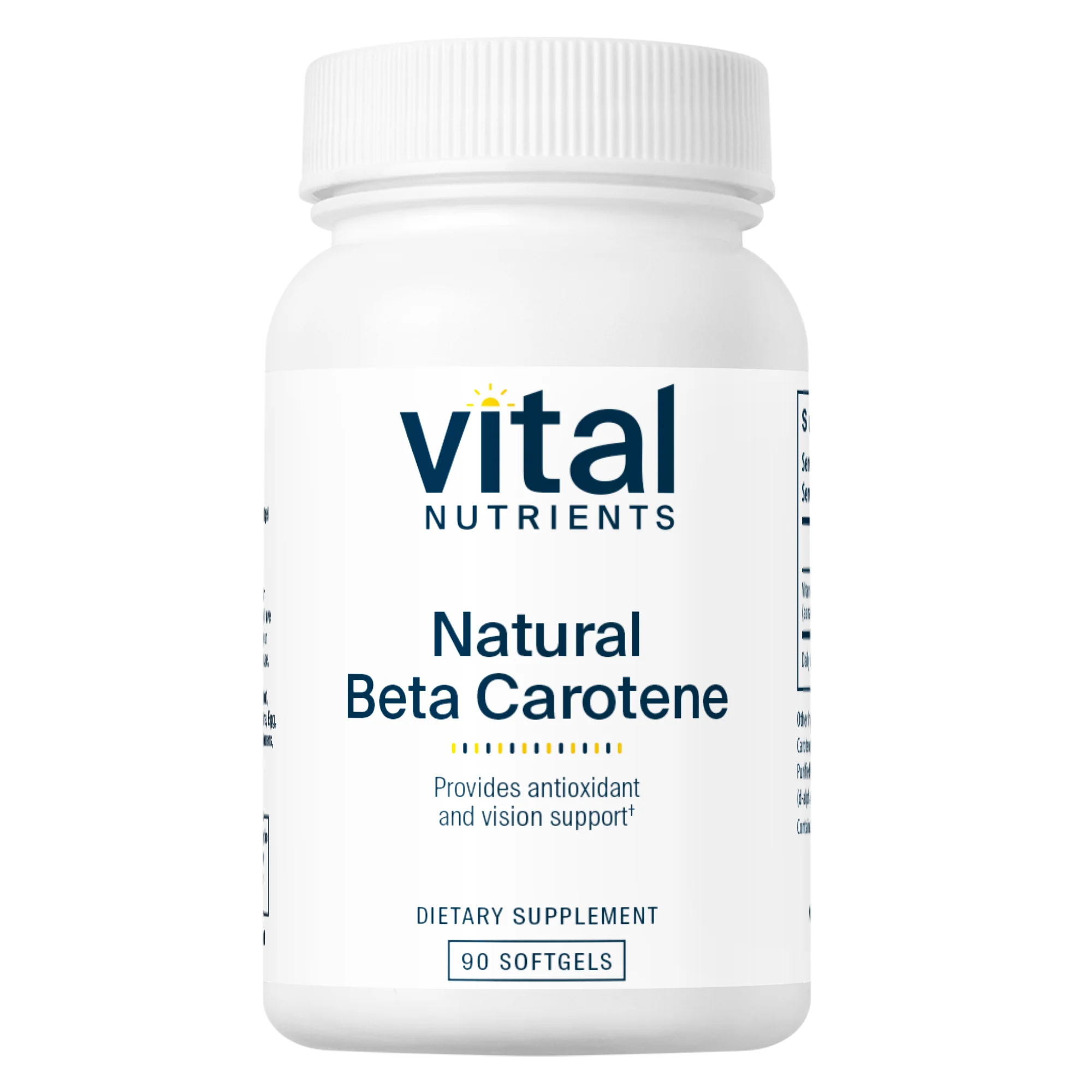
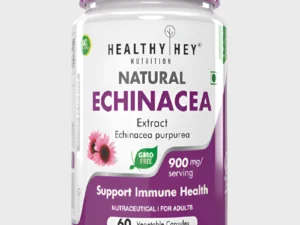


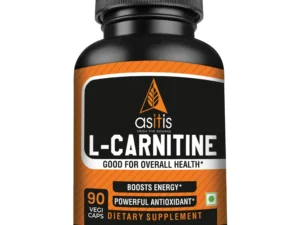
Reviews
There are no reviews yet.